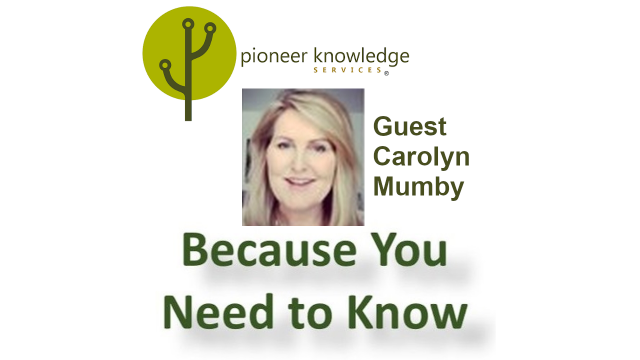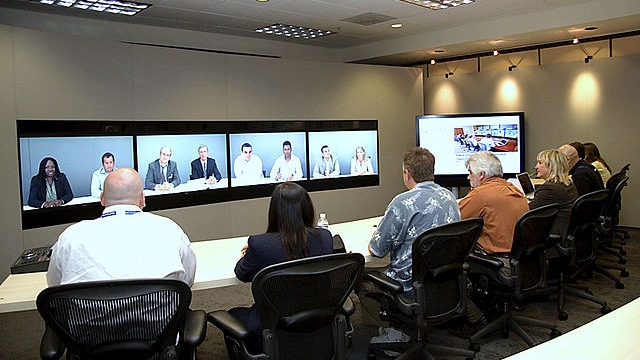
How teams can function when they have conflicting goals
Originally posted on The Horizons Tracker.
Teams are understandably most effective when their goals are both clearly articulated, and shared between all participants. How do teams manage to function when their goals are conflicting however? That was the question posed by new research1 from the University of Genoa.
The study suggests that transparency and effective sharing of information is crucial for such groups to work well. The researchers believe their findings are crucial, as groups with conflicting goals are perhaps more common than those with common goals.
The researchers asked pairs of volunteers to complete a task whereby each participant was assigned a competing set of movements on a mechanical apparatus. This was joined by a computer model that utilized Bayesian statistics and differential game theory to simulate such interactions.
The results of both the simulation and the practical experiments reveal that information about the behavior of one’s partner is key to successful cooperation, with optimal interaction strategies developed to enhance the effectiveness of the group. By contrast, when you lack such information, you tend to develop strategies that minimize the need for such information in the first place.
Optimal cooperation
The researchers believe that their findings have significant implications, not only for improving human-to-human interactions, but also aiding the development of robots that are able to interact successfully with humans.
“Game theory has had a huge impact in many fields, including economics, political science, linguistics, operations research, and more,” the researchers say. “Application of game theory in human joint action may have far-reaching potential, especially in the area of human-robot interaction.”
The researchers hope to further explore the topic by examining how people secure and then represent knowledge about their partner’s goals and actions.
Article source: How Teams Can Function When They Have Conflicting Goals.
Header image source: Peggy und Marco Lachmann-Anke on Pixabay, Public Domain.
Reference:
- Chackochan, V. T., & Sanguineti, V. (2019). Incomplete information about the partner affects the development of collaborative strategies in joint action. PLoS Computational Biology, 15(12). ↩






